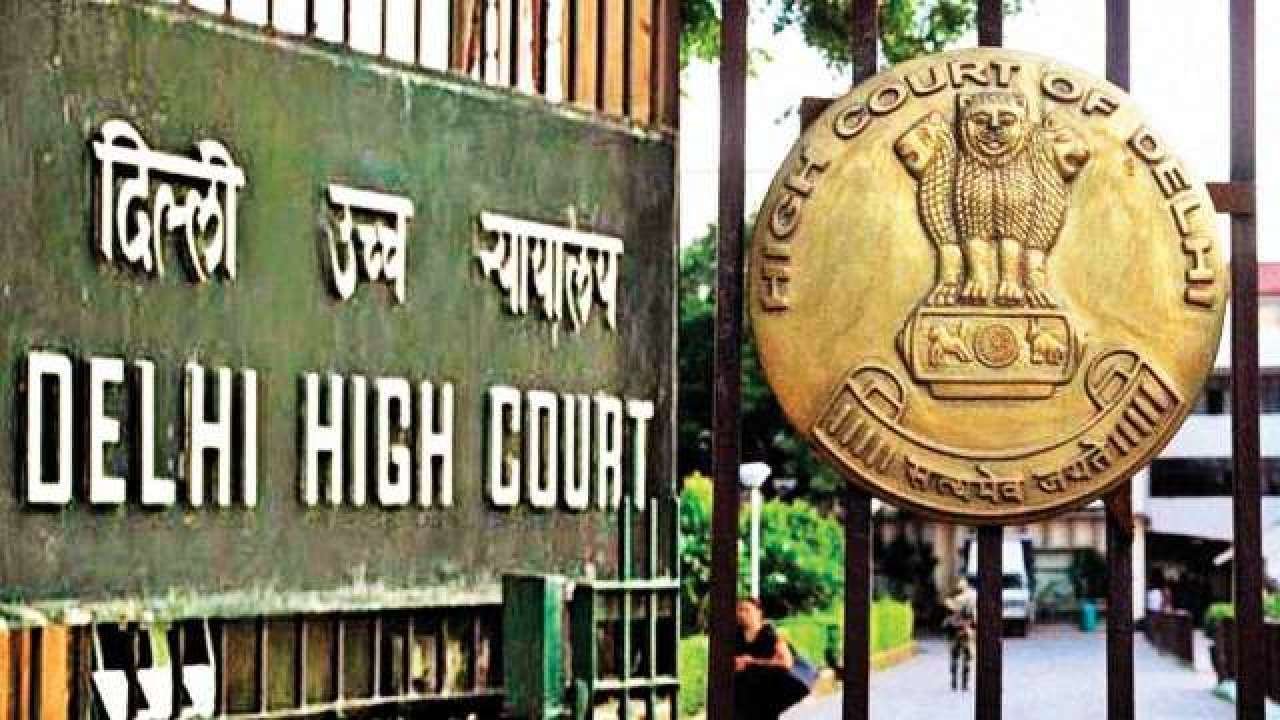The Supreme Court warned judges on Wednesday to use greater caution and restraint while providing oral observations during court proceedings in the era of live-streaming.
In an order to remove some contentious statements made by Justice Rajbir Sehrawat, a judge of the Punjab and Haryana High Court, last month, the top court issued a warning.
Justice Sehrawat had criticized the Supreme Court for delaying a High Court judgment and bemoaned that the court had no jurisdiction over contempt of court cases that were still ongoing before a High Court in an order dated July 17.
The Supreme Court had acknowledged the same on a suo motu basis.
The Chief Justice of India (CJI), DY Chandrachud, along with Justices Sanjiv Khanna, BR Gavai, Surya Kant, and Hrishikesh Roy, formed a bench today and noted that the improperness exhibited in issuing the ruling was exacerbated by the High Court judge’s spoken observations, which were captured on camera and had gone viral.
“The order dated July 17, 2024, is compounded by a video which has been circulating indicating random, gratuitous and unnecessary remarks made by the single judge during the course of the hearing. In an age where there is widespread reporting of any proceeding which takes place in the court, particularly in the context of live streaming which is intended to provide access to justice to citizens, it is all the more necessary that judges exercise restraint and responsibility in the observations which are made in court,” the Supreme Court proceeded to observe.
The High Court judge’s July 17 order and a video of the judge’s spoken statements during the hearing were noted by the highest court, which opened a suo motu case in the subject yesterday.
Justice Sehrawat, who presided over the case, criticized the High Court Division Bench for issuing a “rubbish order” and said he had previously deemed a comparable Supreme Court order to be “non-est.”
Today, the Supreme Court disapproved of these comments.
“These observations of the nature which have proliferated through the video … cause impalpable harm to the sanctity of the judicial process. We hope and trust that circumspection would be observed (in future),” the Court said.
The Court went on to say that it was not going to notify Justice Sehrawat about his remarks, even though it would have otherwise.
“Doing so would place the judge in a situation where he would be subject to a judicial adjudication or inquiry by this court, which were are inclined to desist from doing at this stage,” the court stated.
It then went on to remove Justice Sehrawat’s contentious statements from the July 17 ruling.
The Court expressed that it hoped it wouldn’t have to step in like this in the future, but acknowledged that it was compelled to make this intervention.



